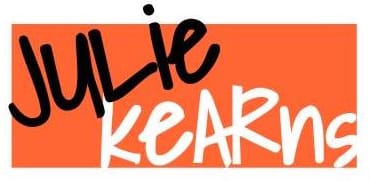The Reuse Project
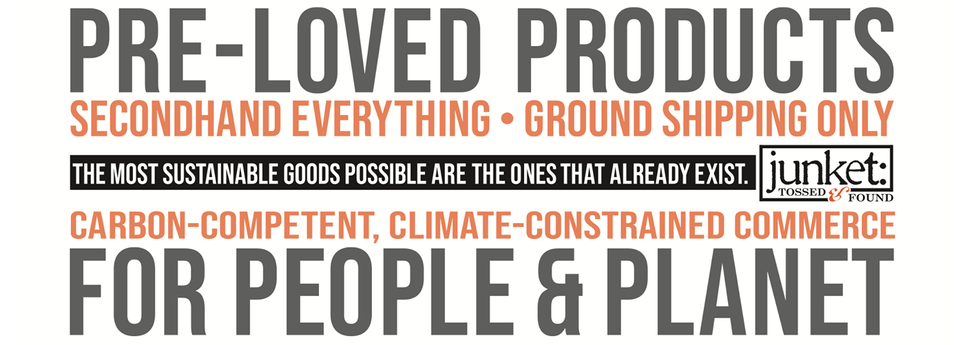
'The Reuse Project' is the best way I've found to describe an entire ecosystem designed to support the development of a social supply chain for 100% post-consumer product & materials.
Done right, this ecosystem significantly - and measurably - reduces volumes of post-consumer waste, predestined manufacturing waste, and CO2-e emissions while strengthening social fabric and community resilience.
This networked-systems framework has been conceived & designed - with some aspects already measured and tested - during 15 years of reuse-centered social enterprise via Junket: Tossed & Found's various brick & mortar, event-based, and e-commerce iterations.
Julie's data analytics, brand design, and 100% reuse-designed concepts are all original intellectual work, based in Junket's original premise, and either represent specific components of Junket's prior models, or have been designed to address key barriers to profitably mainstreaming reuse and/or competing with conventional commerce.
Environmentally and socially ethical product models prioritize source reduction of both waste and CO2-e emissions. These results are not achieved through new and virgin materials manufacture. The system’s guiding principle: best & highest use of existing materials (preempting premature downcycling and/or composting wherever possible).
Because future-serving standards (pursuing best/highest use of existing materials) is directly at odds with the short term profit motives of conventional product design/marketing strategies, the system should also be supported by proactive policy development: conventional manufacturers and their production-drivers should be taxed for the adverse environmental and social costs of conventional pre-consumer manufacturing waste and speculative production volumes.
The first four concepts below represent a minimum viable systems launch for social supply chain operations.
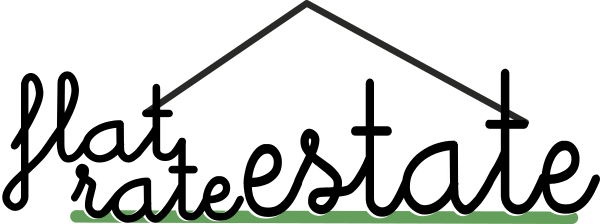

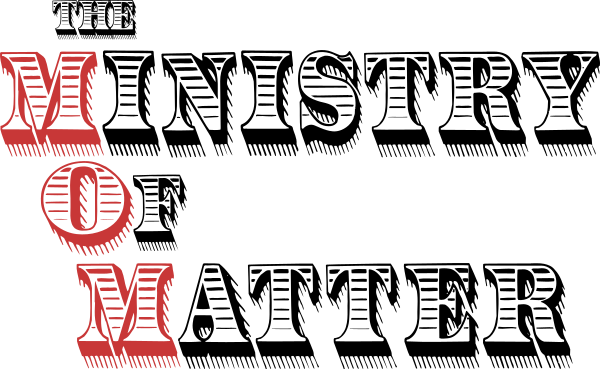

While some sort of socially-facing venue is necessary for awareness-building/placemaking/community engagement, this fifth concept is but one example of a local community hub that could serve as a community input/throughput/outlet venue for local processing operations. Any number of existing entities could be repurposed to support this work: an underutilized laundromat could become a spot for textile processing and community mending. Old, existing signage could be the thing that guides facility purpose or design. Regardless, a key goal would be to leverage good design, energy, and infra where it already exists, and build on existing strengths.
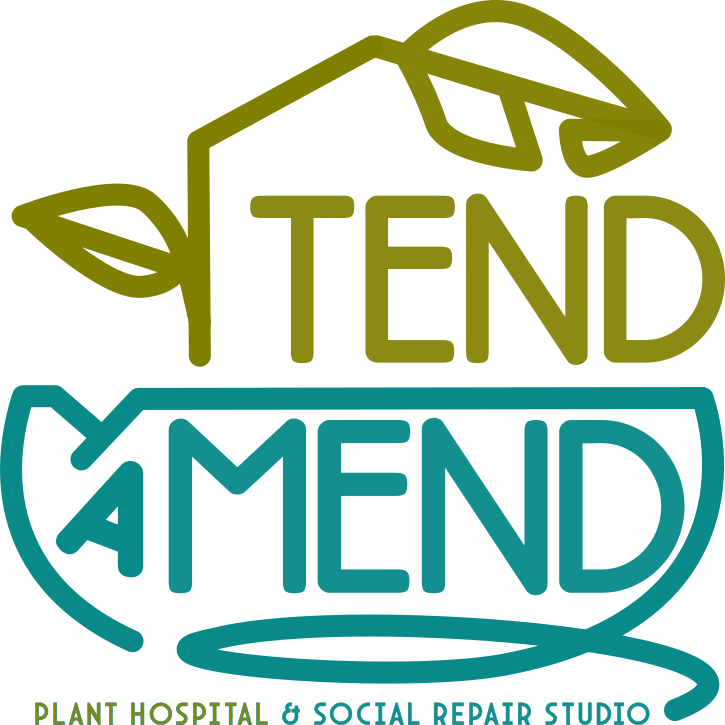
Some sort of logistics/processing hub for managing & tracking materials is another early-stage space requirement – but this could easily be co-located within a community-facing hub until one or the other outgrows a common venue (or finds a new improvement project to call home...).
More opportunities await (wholesale, specialty retail, white label products, post-consumer content certification, CO2-e/reuse/origination labeling...).
Like it? Subscribe to read more, to support this work, and/or to get involved.
